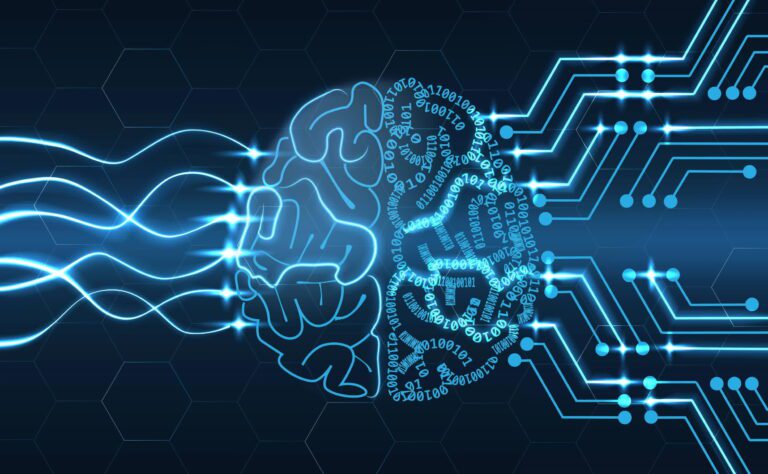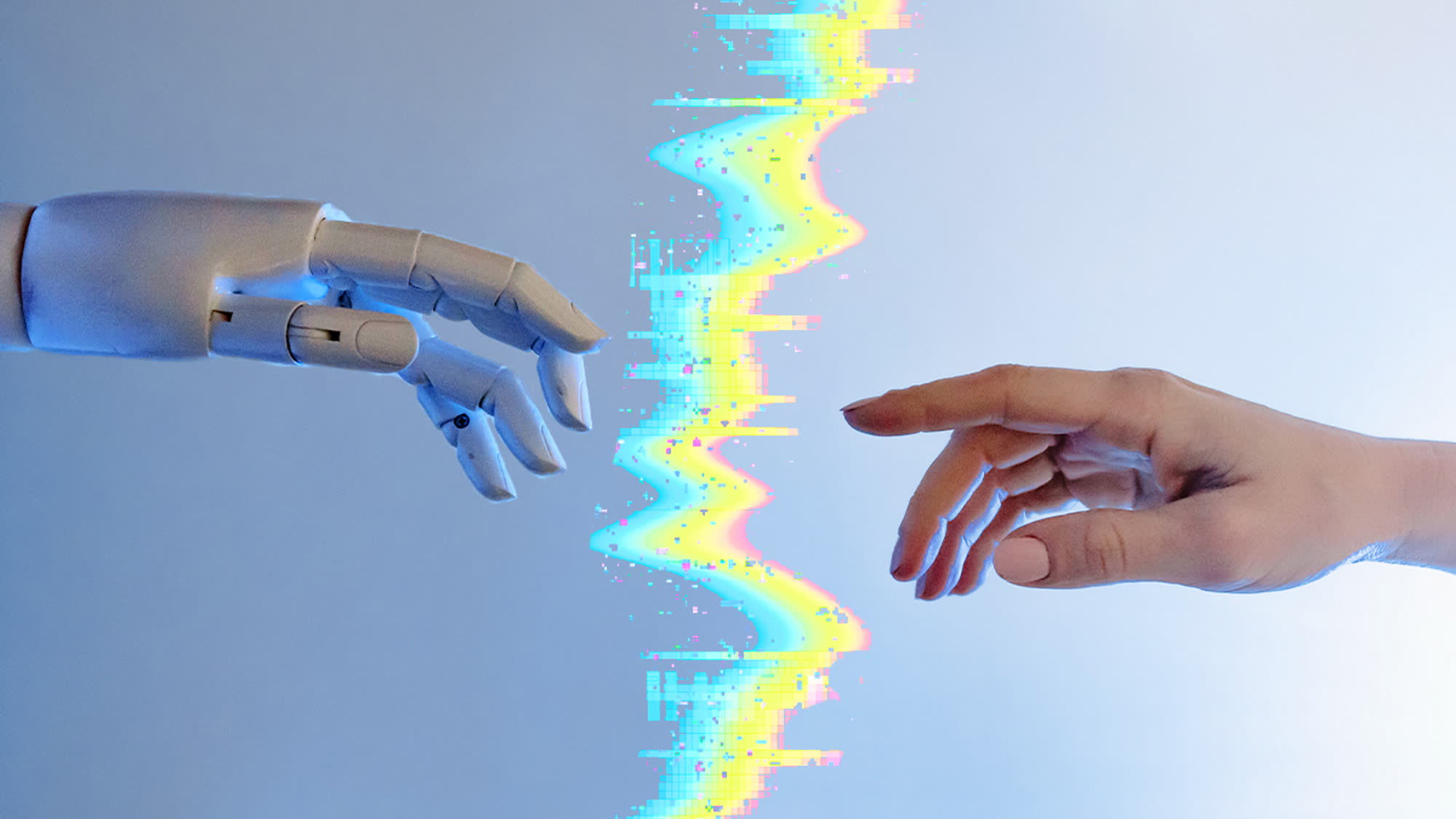
[ad_1]
A hot potato: Up to this point, AI services have been used for “creating” visual hallucinations and uncanny images, persuasive fake news and questionable porn content. Someone is trying to establish AI as a proper “creator” of useful things, but the law has got in the way.
A new judgment from UK’s Supreme Court is once again asserting that AI algorithms are not the same as humans, intelligent beings and that AI cannot be considered as a creator. The Court rejected a bid by US computer scientist Stephen Thaler to apply for patent registration for inventions devised by DABUS, a “creative machine” he conceived.
Thaler previously attempted to register DABUS as an inventor with the UK’s Intellectual Property Office (IPO), but the Office rejected his request stating that patents can only be assigned to humans or a company. Thaler’s creative machine was seemingly instrumental in creating a new food container and a flashing light beacon back in 2019.
The Supreme Court is now restating the ruling by unanimously rejecting Thaler’s appeal. Judge David Kitchin said that the case was not concerned with the broader question whether “technical advances generated by machines acting autonomously and powered by AI should be patentable.” Patents can only be assigned to human creators, and the inventor must be a “natural person” for a patent to be effectively enforced.

DABUS’ ambitions to become the first AI with registered patents were previously quashed by the US Supreme Court, which ruled against Thaler with the same reasoning as UK’s Court. Intellectual property expert Rajvinder Jagdev highlights how similar decisions have been issued in other European courts and Australia, which confirms that inventors “must be a natural person.”
Thaler’s legal representatives said that the UK ruling would be detrimental to industry development and AI deployment. The Supreme Court confirmed that UK’s patent law is “currently wholly unsuitable” for protecting AI “inventions.” An IPO spokesperson welcomed the decision, however, stating that it clarifies the current state of patenting related to “artificial intelligence machines.”
There are legitimate questions about how the patent system and intellectual property should evolve to handle such creations, the IPO said. Giles Parsons, another IP lawyer, said that the Supreme Court decision was “unsurprising” and will not have a significant effect on the patent system for the time being. AI algorithms are still to be considered as tools and not agents, Parsons said.
[ad_2]